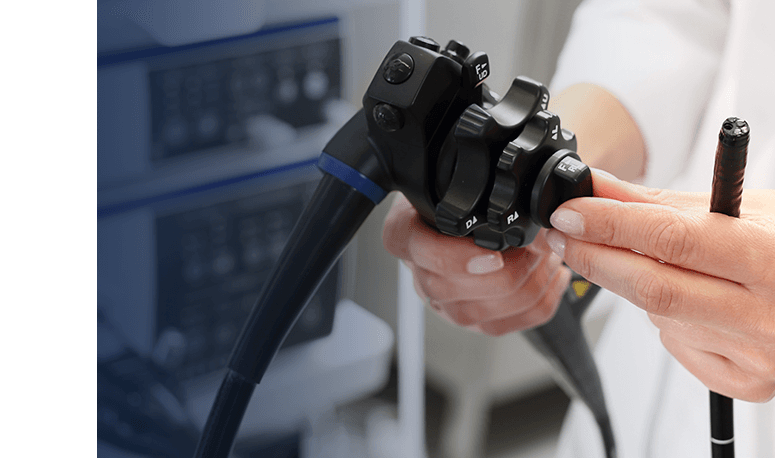Preparing for an Endoscopy: What Patients Need to Know

Proper preparation is key to an effective endoscopy procedure. Following the doctor's instructions ensures clear visibility of the targeted area, enabling accurate diagnosis and results. Inadequate preparation, such as residual matter in the digestive tract, can obstruct the view, potentially leading to rescheduled procedures. By preparing thoroughly, you can help your doctor provide the best care possible.
Your specialist will provide detailed instructions on how to prepare for your endoscopy, which may include:
On the day of the procedure, prepare all necessary documents and information, including a valid photo ID, your insurance card or any relevant documentation, a complete list of all current medications, and the contact information of the person who will provide transportation after the procedure.
Upon arrival, the healthcare team will then conduct a pre-procedure assessment. This includes reviewing your medical history and current condition, as well as addressing any concerns or questions you may have. The team will also measure vital signs, such as blood pressure, heart rate, and temperature.
To ensure your comfort during the procedure, the doctor will administer local anaesthesia to numb the area being examined. In some cases, a sedative may be given to help you relax.
As the endoscope is gently guided through the area, you might feel slight discomfort, but this is typically manageable. The procedure itself is brief, generally lasting 15–30 minutes.
Your healthcare team will be with you throughout to monitor your condition and ensure everything proceeds smoothly.
Following the endoscopy, the medical team will closely monitor you for recovery and address any potential complications. Vital signs will be monitored consistently to ensure stability before discharge.
Endoscopy results are typically available on the day of the procedure. However, if tissue samples were collected, it may take several days or more to receive the results. The doctor may order a follow-up appointment once laboratory tests or pathology analyses have been completed to discuss the findings in detail and provide recommendations for treatment plans or further monitoring.
Following an upper endoscopy, it is common to experience mild side effects such as dizziness or sore throat. After a colonoscopy, some patients may experience gas or bloating. Your doctor will provide specific post-procedure instructions for your recovery at home. These typically include:
Our team of experienced endoscopy specialists in Singapore prioritises patient safety and comfort while delivering accurate and reliable results across a wide range of endoscopic procedures. We are dedicated to providing comprehensive support and guidance throughout the entire process, ensuring a comfortable experience for all our patients.
For enquiries about endoscopy, feel free to discuss them openly with our team. We are here to address your concerns and ensure you are fully informed and prepared for this diagnostic procedure. Contact us today to book an appointment.